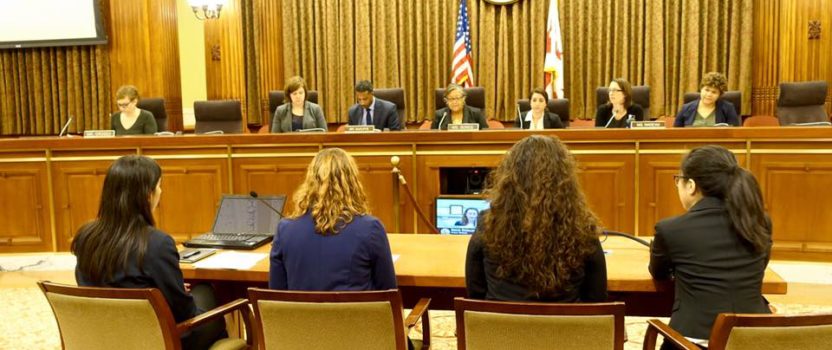Remember DC’s Historic Roundtable on Street Harassment? What’s Next.
It’s been over a year since DC’s historic roundtable on street harassment when more than 40 diverse community members spoke out about their experiences with harassment in public spaces — on the street, in bars, on public transit, and in local shelters.
Since then, we’ve had an impactful year of growth in our programming with the re-launch of Safe Bars, which trained staff at 27 local bars in bystander intervention strategies, and a new phase of our awareness campaign on public transit with WMATA that feature our city’s most marginalized identities and encourage bystanders to speak out against harassment.
But what’s happening on a citywide level?
This winter, CASS convened the End Street Harassment Coalition, which will work to pass the Street Harassment Prevention Act, introduced by CM Nadeau. The bill will collect data on street harassment and make recommendations to curb this most pervasive form of violence. If passed, the bill will ensure that all government employees are trained to recognize and respond to harassment.
The original iteration of the bill defined street harassment as unwanted comments, gestures, or actions targeting someone because of their real or perceived gender, gender expression, or sexual orientation. But the past year’s local high-profile incidents of harassment at Shaw Library and Banneker Pool, and especially the fall’s spike in incidents of harassment on the basis of real or perceived racial, ethnic, and/or religious identity demonstrated that we must broaden the definition of street harassment, collect appropriate data to assess the ways that different communities experience harassment, and recommend holistic solutions to prevent harassment from escalating to more severe violence.
The End Street Harassment Coalition, a group of about 20 local organizations, will work to form DC’s task force on street harassment in 2017, and we need your help.
Sign up here to testify in support of the bill. And tell your Council members that with this year’s 62% increase in hate violence across the DC area, we need community-based solutions to address harassment now.

